Josh Zumbrun of The Wall Street Journal joins host Krys Boyd to discuss why anti-food waste advocates want expiration dates overhauled to minimize confusion.
Read more


Josh Zumbrun of The Wall Street Journal joins host Krys Boyd to discuss why anti-food waste advocates want expiration dates overhauled to minimize confusion.
Read more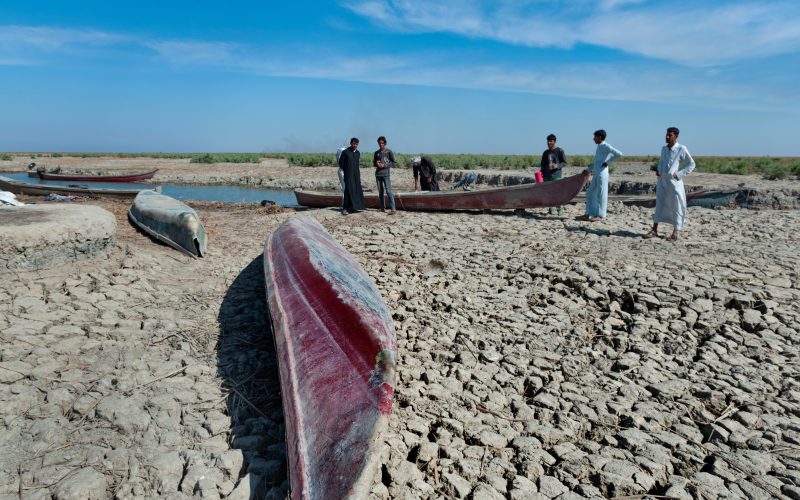
University of Pennsylvania professor Michael Mann joins host Krys Boyd to discuss the precarity of human evolution and how previous changes in temperatures have affected life on the planet.
Read more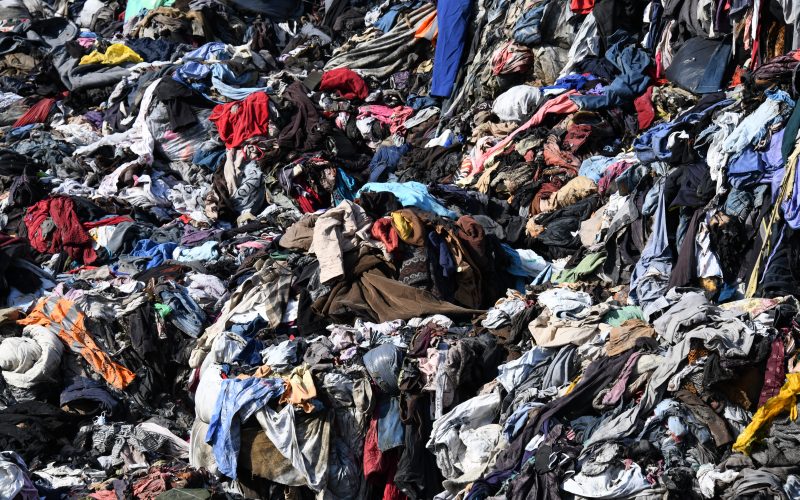
New Yorker staff writer David Owen joins host Krys Boyd to discuss the enormous volume of returns in this country and the environmental impact of what seems like a harmless action.
Read more
Science writer Sarah Scoles joins host Krys Boyd to discuss how psychologists want to study what factors into that high-stakes thinking.
Read more
Eric Lipton, an investigative reporter for The New York Times, joins host Krys Boyd to discuss new global threats that require change by the U.S. Navy and the resistance by top brass to bend to the future.
Read more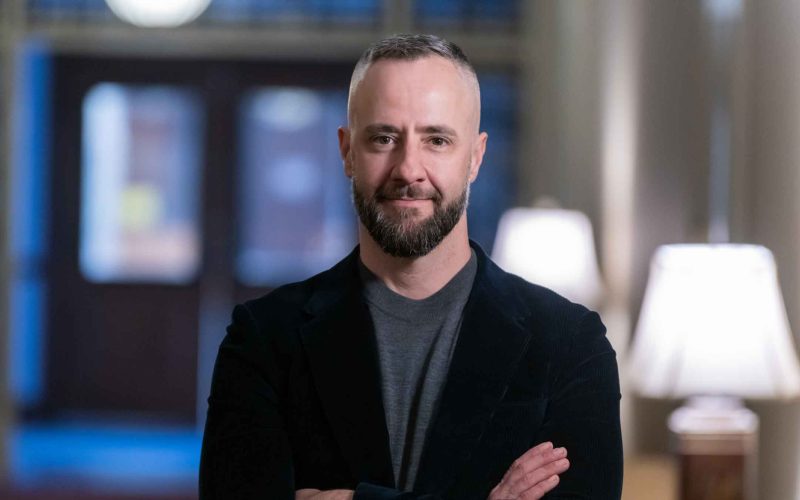
David Ambroz joins host Krys Boyd to discuss his life’s work of fighting for child welfare, the subject of his new memoir.
Read more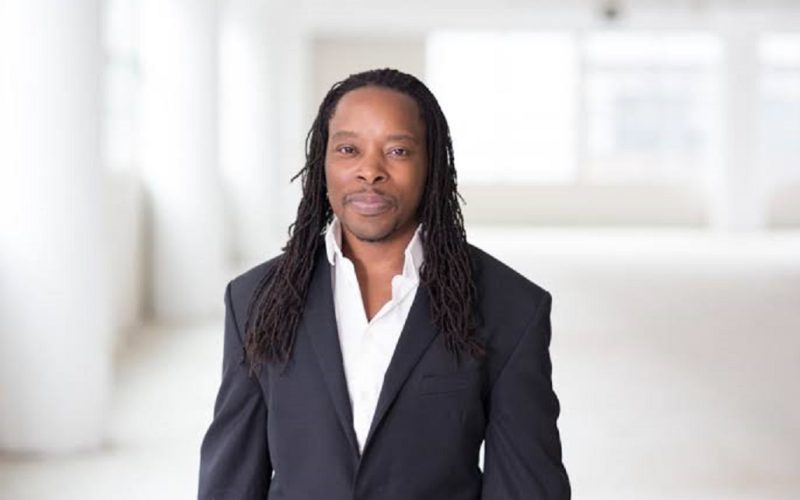
Omékongo Dibinga joins host Krys Boyd to discuss the road to anti-racism by taking on the lies that persist today that undermine Black lives, and to offer ways to reset our thinking toward a future of equality.
Read more
Journalist Jack Holmes joins guest host Courtney Collins to discuss why heroin and fentanyl are now easily-accessible street drugs, and if this radical way of confronting addiction as a behavioral-health issue is doing more harm than good.
Read more
Political scientist Jason Blakely joins host Krys Boyd to discuss what he calls “scientism,” when scientific authority silences political debate, and why relying on data might not always be the best approach to problem solving in a crisis.
Read more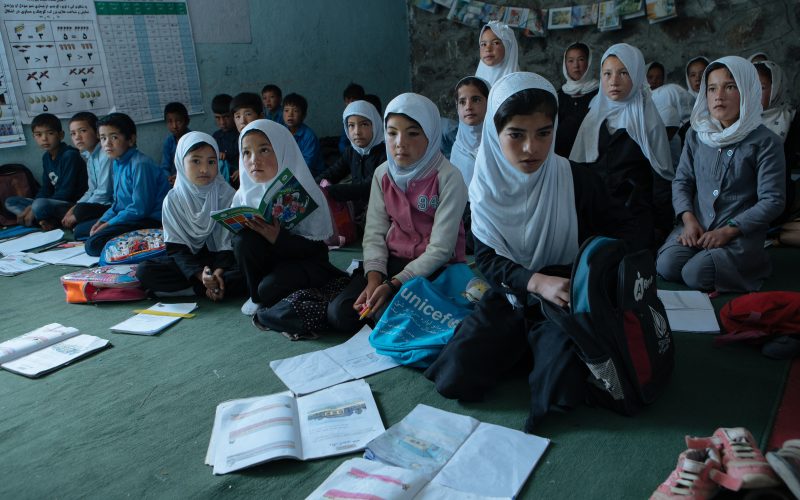
Sola Mahfouz is a quantum computing researcher at Tufts University Quantum Information Group. She joins host Krys Boyd to discuss her life in Afghanistan under the Taliban and her daring escape to the U.S. for a more fulfilling life.
Read more
Lee McIntyre, research fellow at the Center for Philosophy and History of Science at Boston University, joins host Krys Boyd to discuss the origins of disinformation and the playbook it uses, and to offer tips for how ordinary citizens can fight back.
Read more
Conspiracy theory researcher Annie Kelly discusses how old-school skeptics raised on late-night call-in radio fear modern day conspiracy theorists are giving their passion a bad name.
Read more